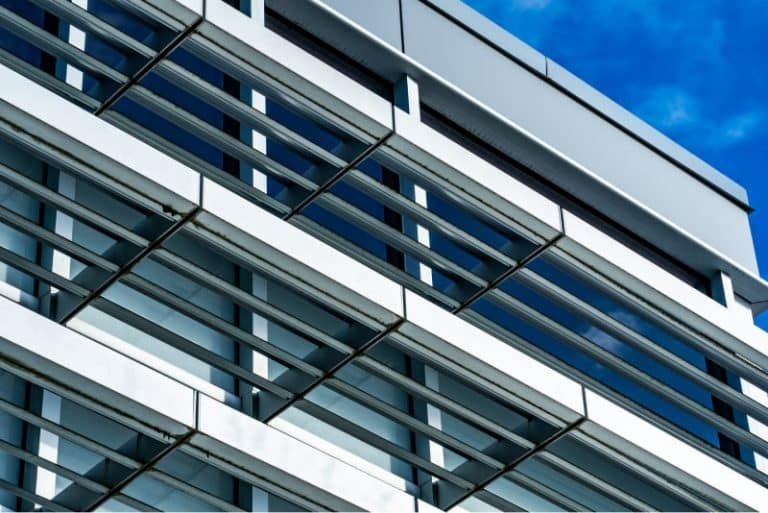
European aluminum manufacturers are pushing for their industry to be excluded from the pilot phase of the EU’s carbon border adjustment system.
European Aluminum – which represents smelters and manufacturers, said the tax plan will damage its members and consumers while hastening so-called “carbon leakage” which allows firms to relocate activities outside the EU to evade strict climate regulations.
They are arguing that the proposal will put them at a competitive disadvantage with overseas competitors while doing little to address climate change. The manufacturers believe that the Carbon Border Adjustment Mechanism (CBAM) will promote Chinese and Russian “resource shuffling”. This will allow manufacturers transfer their low-carbon output to Europe while selling their less environmentally friendly output elsewhere in the globe.
The CBAM is the centerpiece of the “Fit for 55” package, a levy meant to target imports from countries that have not committed to achieving carbon neutrality by the middle of this century while protecting domestic businesses that are not subject to the same stringent environmental requirements.
The carbon tax on imports is expected to earn about €10 billion per year in revenue. With steel, cement, fertilizers, and aluminum imports all be targeted in a three-year transitional period beginning in 2023.
The CBAM would replace existing mechanisms that attempt to limit carbon leakage under the EU’s emissions trading scheme for these items.
These are free emission permits and, more importantly for the aluminum sector, cash compensation for carbon-related power expenses.
Aluminum produces 6.7 tonnes of CO2 per tonne of metal on average and European aluminum smelters are paid for 75% of their indirect emissions with state aid. They are presently subject to a carbon fee, which is reflected in their power pricing.
Because of Europe’s marginal pricing structure for energy, which is often set by coal-fired power plants, even producers utilizing hydro and nuclear power have to pay.
According to producers, if the existing carbon compensation program is repealed, European smelters would face greater costs, and will put them at a competitive disadvantage to rivals in the rest of the globe. It would also encourage Chinese and Russian producers to simply divert their low-carbon output to Europe, avoiding any CBAM charge, while selling their other products elsewhere in the globe with no impact on their carbon footprint.
Rusal, the world’s largest aluminum producer outside of China, has previously announced intentions to divide its assets into a low-carbon firm aimed at the European market and a new entity geared at the Russian domestic market.